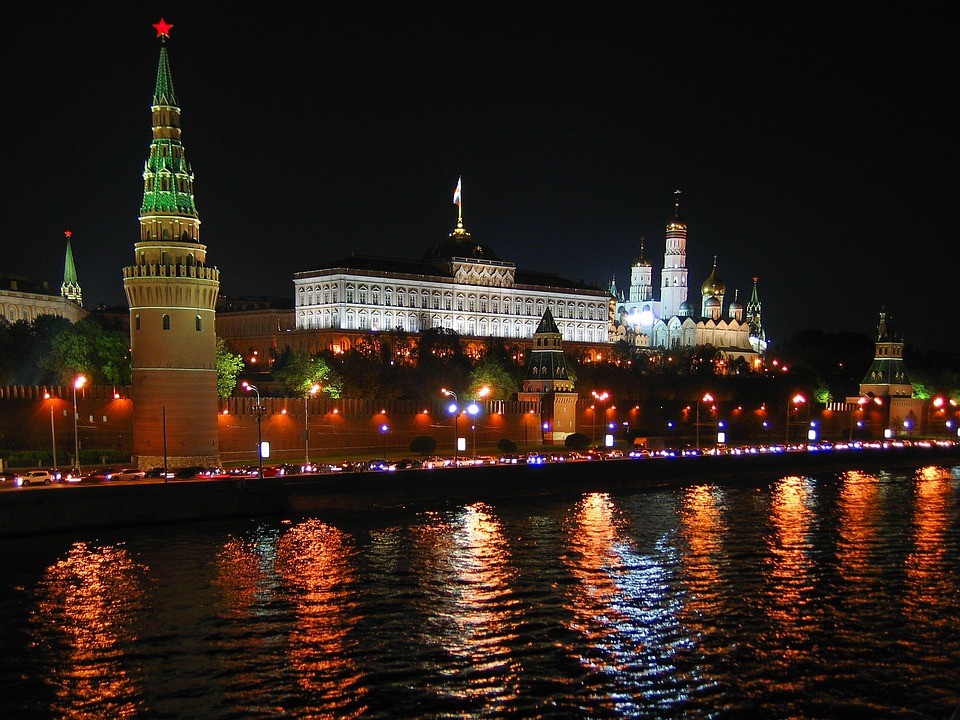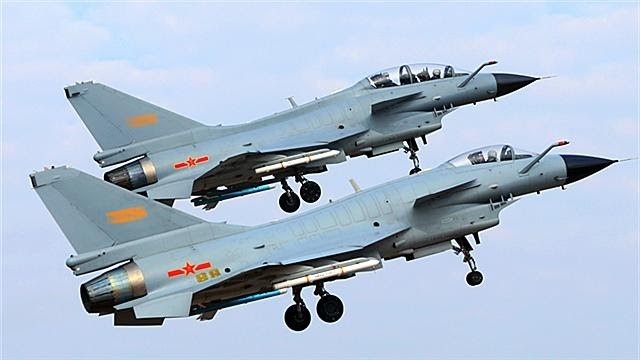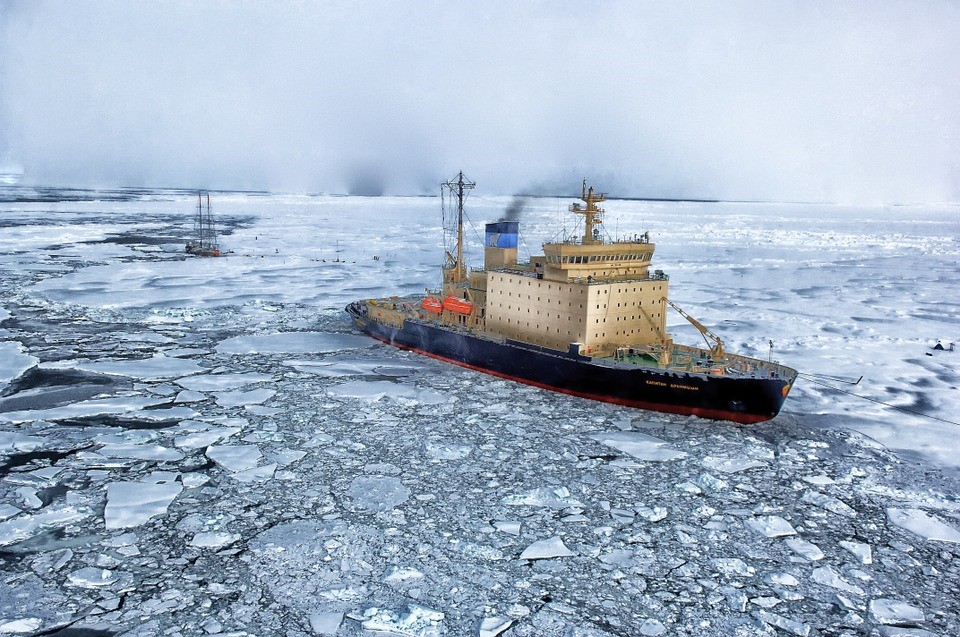Yesterday, we discussed a series of cases in which individuals who were clearly engaged in self defense were arrested and prosecuted for purely political reasons. Recently, a new case has been brought by prosecutors who also appear to be unconcerned with the law or justice, this time in Arizona.
According to Fox News, “George Alan Kelly, 73, was charged with first-degree murder in relation to the Jan. 30 death of Mexican national Gabriel Cuen-Butimea. Authorities are remaining quiet about specific details surrounding the shooting, but Santa Cruz County Sheriff’s Deputy Chief Gerardo Castillo told Nogales International that law enforcement authorities were called to Kelly’s ranch located in Kino Springs regarding a report of shots fired. Upon arrival, deputies found a deceased Hispanic male around 100 to 150 yards away from Kelly’s home, according to the outlet.”
Kelly was immediately arrested for First Degree Murder, and is currently being held in custody, unable to post a one million dollar bond.
Under Arizona law, “(a) person commits first degree murder if…(i)ntending or knowing that the person’s conduct will cause death, the person causes the death of another person…with premeditation…”
To date, the Arizona authorities have not provided any factual basis to believe Kelly “intended” or “knew” that his conduct would cause the death of another person, let alone that Kelly acted with “premeditation.” But some facts are provided in a Motion for Reduced Bond filed by Kelly’s attorneys; “On January 30, 2023…Mr Kelly had completed chores on his ranch and had come to his house to eat lunch with his wife. As they ate, Mr. Kelly heard a single gunshot…he saw a group of men moving through the trees around his home. They were armed with AK-47 rifles…he had not given any of them permission to come on his land…Mr. Kelly then went onto his porch with his rifle. The leader of the armed group of men saw Mr. Kelly and pointed an AK-47 right at him. Mr. Kelly, fearing for his life and safety, fired several shots from his rifle…the group then began running into the desert surrounding his home.”
Later that day, after calling Border Patrol Agents (who searched the property and found nothing), “Mr. Kelly noticed that his dogs were focused on something on the ground…Mr. Kelly approached his dogs, and observed a body lying face down in the grass.,,(w)hen law enforcement arrived, Mr. Kelly helped them find the body and he cooperated with their investigation.”
Most significantly, according to the Defense motion, “(i)t remains unknown what kind of bullet caused the wound to the person, what the time of death was, how long the body had been at that location, or where and in what position the person was in prior to receiving the fatal wound.”
Let us assume for the sake of argument that Kelly is the one who shot Cuen-Butimea, a fact that is not clearly established at the present time. Kelly was on the front porch of his home, on his own property. Nothing contradicts Kelly’s statement that he was confronted by armed men. trespassing on that property.
Under Arizona Rev. Statute Sec. 13-405 (A), “(a) person is justified in threatening or using deadly physical force against another…(w)hen and to the degree a reasonable person would believe that deadly physical force is immediately necessary to protect himself against the other’s use or attempted use of unlawful deadly physical force.” According to Section B, “(a) person has no duty to retreat before threatening or using deadly physical force pursuant to this section if the person is in a place where the person may legally be and is not engaged in an unlawful act.”
In other words, Arizona is a “stand your ground” state. But Arizona law goes even further in allowing for the use of deadly force in the protection of property. Under Arizona Rev. Statute Sec. 13-407(A) “(a) person or his agent in lawful possession or control of premises is justified in threatening to use deadly physical force or in threatening or using physical force against another when and to the extent that a reasonable person would believe it immediately necessary to prevent or terminate the commission or attempted commission of a criminal trespass by the other person in or upon the premises.” Note the use of the word “threatening” in the statute. That language is modified by Subsection B, which states that “(a) person may use deadly physical force under subsection A only in the defense of himself or third persons.”
According to the Daily Mail, the deceased “tried multiple times to enter the US illegally…(r)ecords indicate he was deported several times, most recently in 2016,” activities which would indicate that Cuen-Butimea was engaged in criminal activity at the time of his death. If Cuen-Butimea was in the company of armed men trespassing on Kelly’s property while brandishing weapons, then under Arizona law, Kelly is well within his rights to have shot Cuen-Butimea – if that is what actually happened.
It is just as likely that Cuen-Butimea was shot by members of his own party (which would explain the gunshot Kelly heard) and left for dead before the group encountered Kelly on his front porch.
The District Attorney of Santa Cruz County is Jeffrey Rosell, who “graduated from UC Santa Cruz in 1984, and earned his law degree from the University of Southern California in 1988. He practiced civil law for two years in southern California and spent four years as a prosecutor in Hawaii, before returning to Santa Cruz, where he has practiced ever since.” Rosell served as the Chief Deputy District Attorney until he was appointed in 2014 by the Santa Cruz Board of Supervisors to replace District Attorney Bob Lee upon Lee’s death.
Unlike St Louis’ Kim Gardner or Atlanta’s Paul Howard, Rosell is not obviously motivated to prosecute Kelly by overt racial politics or a desire to curry favor with potential voters. In fact, to date, the Santa Cruz District Attorney’s Office has not released a Press Release of any kind regarding Kelly’s arrest.
What then would be the political motivation for the arrest and prosecution of a 73 year old rancher who has a strong case pointing to self defense?
As described by Phil Boas of The Arizona Republic, Kelly “is living next to one of the most violent nations on earth, where narco-bosses and their heavily armed wolf packs roam the borderlands, trafficking people and drugs. He is living in a time when parts of the border are pure chaos. Illegal immigration is at a record high and waves of humanity are overwhelming border towns such as Yuma and El Paso. The U.S. federal government has done little to solve the problem… Kelly, however, sees strangers crossing his property and can’t know who they are and whether they pose a threat…Living in the remote desert Southwest, he probably can’t depend on law enforcement to get there quickly in an emergency.”
Despite a strong presumption in Arizona law allowing for defense of self and property from criminal activity, Kelly was arrested and charged with First Degree Murder. Further, despite there being little evidence to connect Kelly to the death of illegal trespasser Gabriel Cuen-Butimea, other than Kelly’s own admission that he fired a shot in the direction of unknown armed men on his land, Kelly is being held in prison on one million dollars bond.
You would think that Arizona authorities would investigate this matter more thoroughly before arresting a 73 year old rancher with Arizona self defense law on his side. But in fact, Arizona has been discouraging property owners along the border from enforcing their property rights against illegal alien trespassers for years.
According to the Arizona Daily Sun, in August of 2005, “(a)An Arizona ranch that once served as the headquarters for a civilian group watching for illegal immigrants has been turned over to two people caught trying to enter the United States illegally. The ranch was conveyed to satisfy a judgment against its owner, Casey Nethercott, a member of a self-styled border-watch group that seeks to protect private property from illegal immigrants crossing the border from Mexico…(i)n March 2003, Nethercott…was accused of pistol-whipping an illegal immigrant as he and other people…patrolled a ranch in Hebbronville, Texas…Edwin Alfredo Mancía Gonzáles, the man who accused Nethercott of hitting him, and another immigrant traveling with him from El Salvador, Fátima del Socorro Leiva Medina, filed a civil lawsuit…saying they were harmed while being held… a Texas judge issued (a) default judgment of $850,000 against Nethercott… (the) Nethercott (family) gave up ownership of the ranch to settle the judgment when challenged by the immigrants’ lawyers.”
As stated by Chris Simcox, president of the Minuteman Civil Defense Corp. in 2005, “If the federal government was doing its job, ranchers would not be living in fear…They can’t even protect their own property for fear of these frivolous lawsuits when people are trespassing on property,’ he said. Ranchers ‘are held captive by the federal government who tells them, ‘Well, we can’t protect you but you can’t do anything to protect yourself.”‘
The prevailing view on this issue is expressed by Jacob Hornberger of the Future of Freedom Foundation; “(A)s a former trial attorney who practiced law for many years along the border in Texas, I..advis(e) these conservatives and right-wingers to not shoot and kill these undocumented immigrants…if they…shoot these immigrants…they will find themselves indicted, convicted, and incarcerated for murder. Moreover, no judge is ever going to permit them to defend against the murder charge by claiming that they had the right to kill ‘invaders’ of our country.”
Of course, Hornberger admits that “it’s not clear yet that Kelly did, in fact, commit the shooting.” Nonetheless, Hornberger expresses the belief that “this shooting in Arizona…is a direct consequence of the socialist immigration-control system that both right-wingers and left-wingers have foisted upon our land…(with) open borders – genuine open borders – people would be free to cross back and forth between nations without any restrictions. Thus, Mexican citizens would be crossing the border by simply driving on a public road and entering the United States. In other words, there wouldn’t be any need to trespass onto people’s property as a way to avoid getting caught by the Border Patrol…under a system of genuine open borders, Gabriel Cuen-Butimea would be alive today, no doubt working peacefully for an American employer wishing to hire him.” .
Given this history of punitive legal action taken against ranchers along the Southern border who try to protect their families, livestock and property from illegal activity, it is no wonder that Kelly was arrested and incarcerated before any real investigation of Cuen-Butimea’s death was even begun.
But, as we have argued throughout this series of articles, justice is accomplished through a vigorous defense, and the assertion of the rights of the accused. Kelly may be in a very difficult position now, but unless there is evidence discovered to contradict his version of events, the presumption of innocence remains with Kelly, and the prosecutor is still obligated to prove his guilt beyond a reasonable doubt.
Judge John Wilson served on the bench in NYC
Illustration: Pixabay









